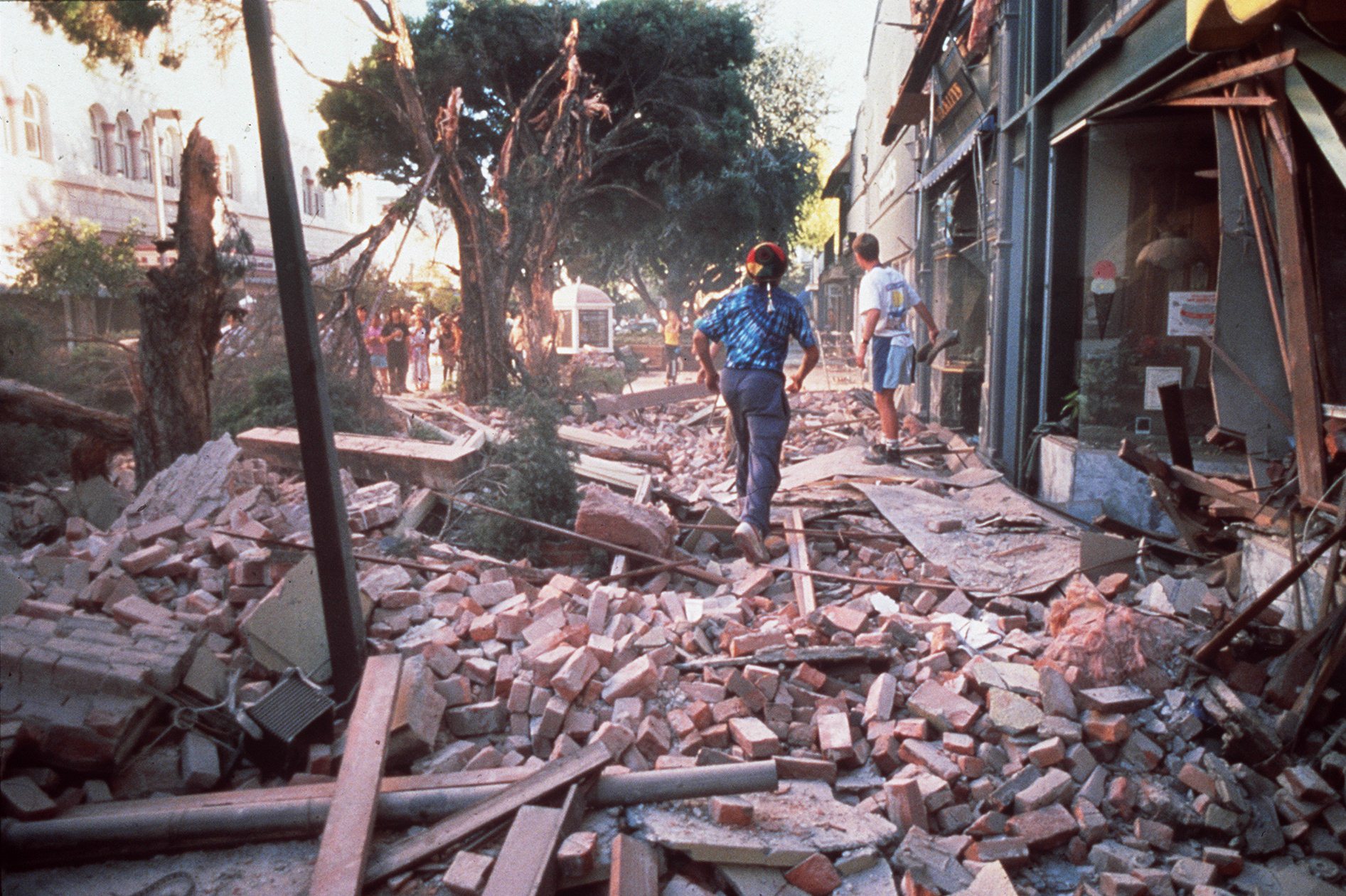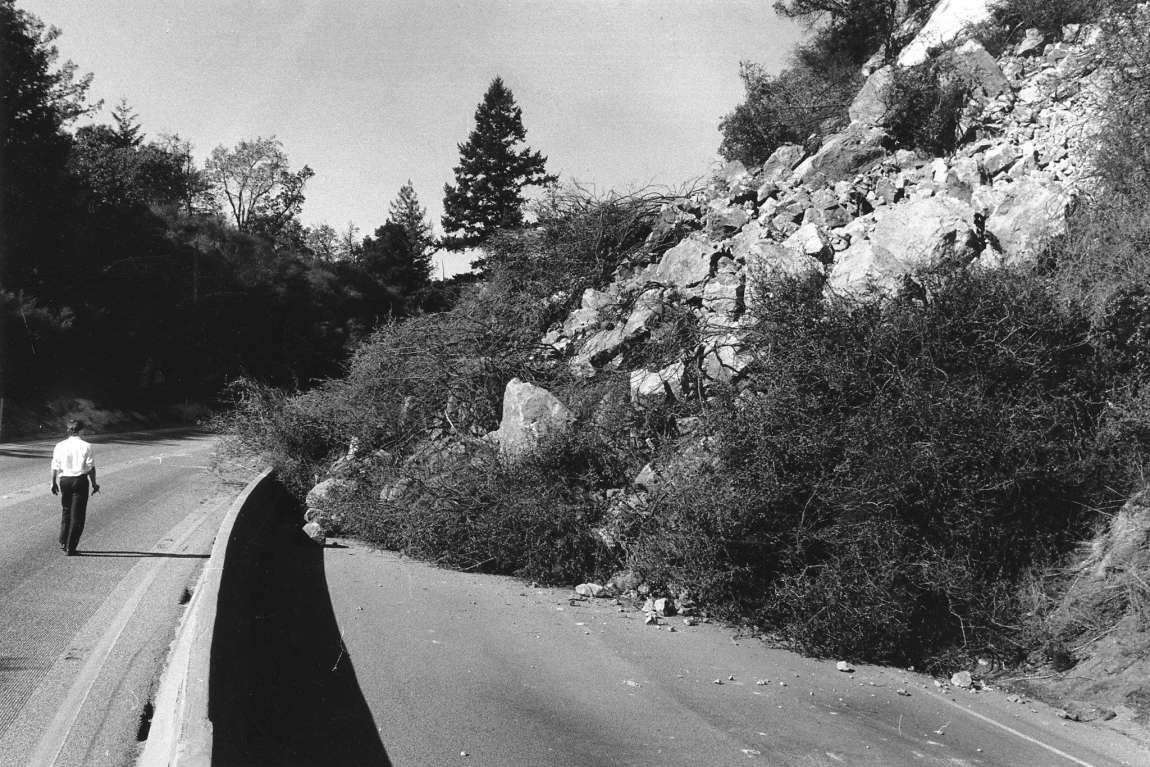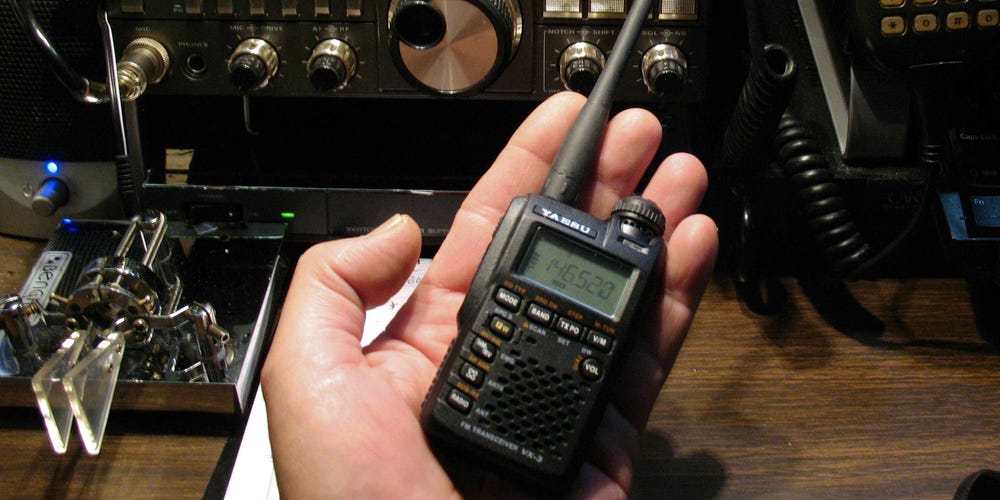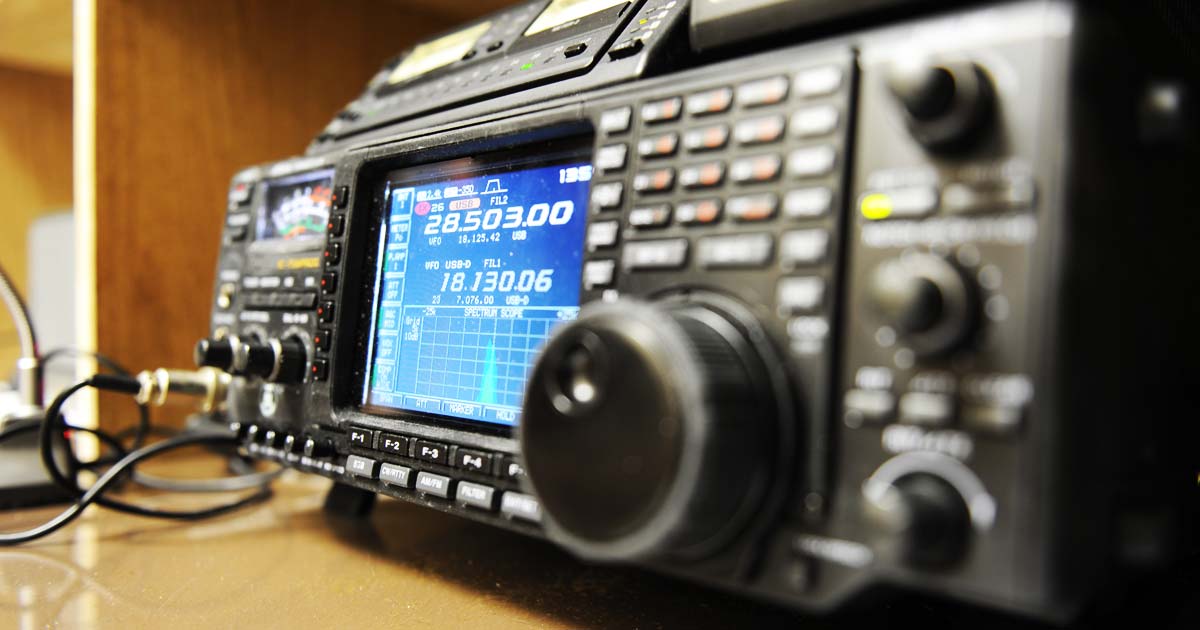Is Amateur Radio Dying?
 Ham radio is a dying hobby passing away with the ancient curmudgeons who don't welcome the new blood.
Ham radio is a dying hobby passing away with the ancient curmudgeons who don't welcome the new blood.
When my dad gave me my first police scanner, I was ten years old. For me, it opened
up the world of radio. I remember
spending hours programming an analog police scanner to the frequencies of my local police, fire, and government
municipalities. It didn't matter what I heard; just the enjoyment of the listening created this weird nerdy creature
that I am today. I fondly remember listening to the astronauts cruising through the outer reaches of the atmosphere
or  conducting spacewalks to repair some damage to the international space station. I recall listening to the police
action
or the San Jose fire department braving a burning building. It gave me great pleasure to tune in to the local
airports
to hear the planes taking off or landing. For me, the radio was a thing that gave me simple pleasures.
conducting spacewalks to repair some damage to the international space station. I recall listening to the police
action
or the San Jose fire department braving a burning building. It gave me great pleasure to tune in to the local
airports
to hear the planes taking off or landing. For me, the radio was a thing that gave me simple pleasures.

A couple of years later, I lived in a small town called Scotts Valley in the Santa Cruz mountains. Scotts Valley is only a handful of miles away from the 1989 Loma Prieta earthquake epicenter as the bird flies. It was 5:04 pm on October 17 when my little sister and I had returned home from school. We were settling in from our day when our five-story house (the house was not big but built on the side of the mountain) began to shake violently. I distinctly remember seeing the snow globes that lined the walls of my sister's bedroom weirdly levitate as a room shook. In a fraction of a second, a fleeting moment that felt like I was standing still for 10 minutes, so much data flooded my senses. What was happening? Did gravity stop working? Why did I feel so dizzy? What they teach you to do during an earthquake (get under a table or stand in a door frame) quickly jets from your conscious, and the fight or flight instinct kicks into overdrive. I remember running as hard and fast as I could, escaping curio and liquor cabinet death traps that were falling around us as we made our escape. I remember hearing the creaking and breaking of wood as I exited the house and stepped onto a very long deck; I will never forget the sight of giant redwood branches falling to the ground around me.
I still had another hundred feet to run down the side of the mountain to reach the street. As soon as my bare feet hit the pavement, I laid down in the road because it was too challenging to stand. My mother, sister, and I spent a little over a month landlocked in Scotts Valley. Catastrophic landslides have blocked the major highways in and out of the area. The quake damaged communication, electricity, and water lines.

My sister and I could not contact anybody, not my mom, not my grandparents, not my father. The fear that the situation instilled in me was tremendous. So on October 17, 1989, at 5:04 pm, I became a "prepper." Now I'm not the kind of prepper you see on the internet getting ready for the zombie apocalypse or the fall of our nation's democracy; instead, I am getting prepared for something significantly more true-to-life: violent unforgiving natural disasters. That is when the idea of getting into Amateur Radio first took hold. Fast forward 10 or 11 years, I dabbled in CB radio in high school, but it wasn't until the September 11 attack of 2001 that I decided to be ready to communicate. I got my amateur radio license in 2003 and found a passion for this style of technology and the social aspects of the hobby. It was entertaining to sit in commute traffic and talk to a group of people who share a common interest. But as my life and career continued to grow, and technologies like iPhones, email, and the internet blossomed, the hobby became a back seat interest. By 2010 I had boxed up all but one of my ham radios. Six handheld radios, one base station, and my mobile radio, all tucked away not to be used again for years.

In 2020 we had a political climate teetering on the edge of overthrowing our democracy; coupled with the Covid pandemic gripping the world, I found myself sitting in my garage looking at the box of radio gear. I decided it was an excellent time to get back into the hobby. What was shocking was that the ham radio repeaters, once vibrant with chatter, were all silent. I thought it might be because of the loss of interest in the hobby that newcomers were not coming on board, but the ARRL and the FCC show an uptick in people getting their amateur license; so what gives? I tried working several repeaters within the San Francisco Bay area. I found that there are very few operators still out there. Most of the few operators I found didn't want to chat because I wasn't in their clique. Clique; yes I said clique. I was appalled by what I heard. Some operators felt it was okay to jeer and ridicule somebody for not understanding the proper communication protocols. But that wasn't just it; this same operator made it into a political thing. He began slinging insults to this new operator, saying, "You liberals are all the same, never read, never learn, just assume you know what you're doing." When the new operator tried to apologize for the unknown misstep, the old curmudgeon kept firing off more rhetoric until I stepped in from listening to the fringe and reminded him to keep politics off the radio and be kind because all radio operators started someplace.

Unfortunately, the hobby has been pillaged by grumpy operators who believe the airwaves are their exclusive play zone. These curmudgeons do not want any newcomers on their spectrum. They forgot that the hobby (one that used to be all-inclusive) should be welcoming, friendly, helpful, and courteous. Sadly I'm in my 40s, and I am considered one of the younger generations in Amateur Radio; that is a tremendous problem. The hobby can't compete in a world filled with communication through social media platforms. I believe every operator knows that the hobby is floundering. Still, we are at fault for not maintaining the craft, promoting it with younger generations, and helping those trying to get onto the airwaves. Let's do better as a community of operators.